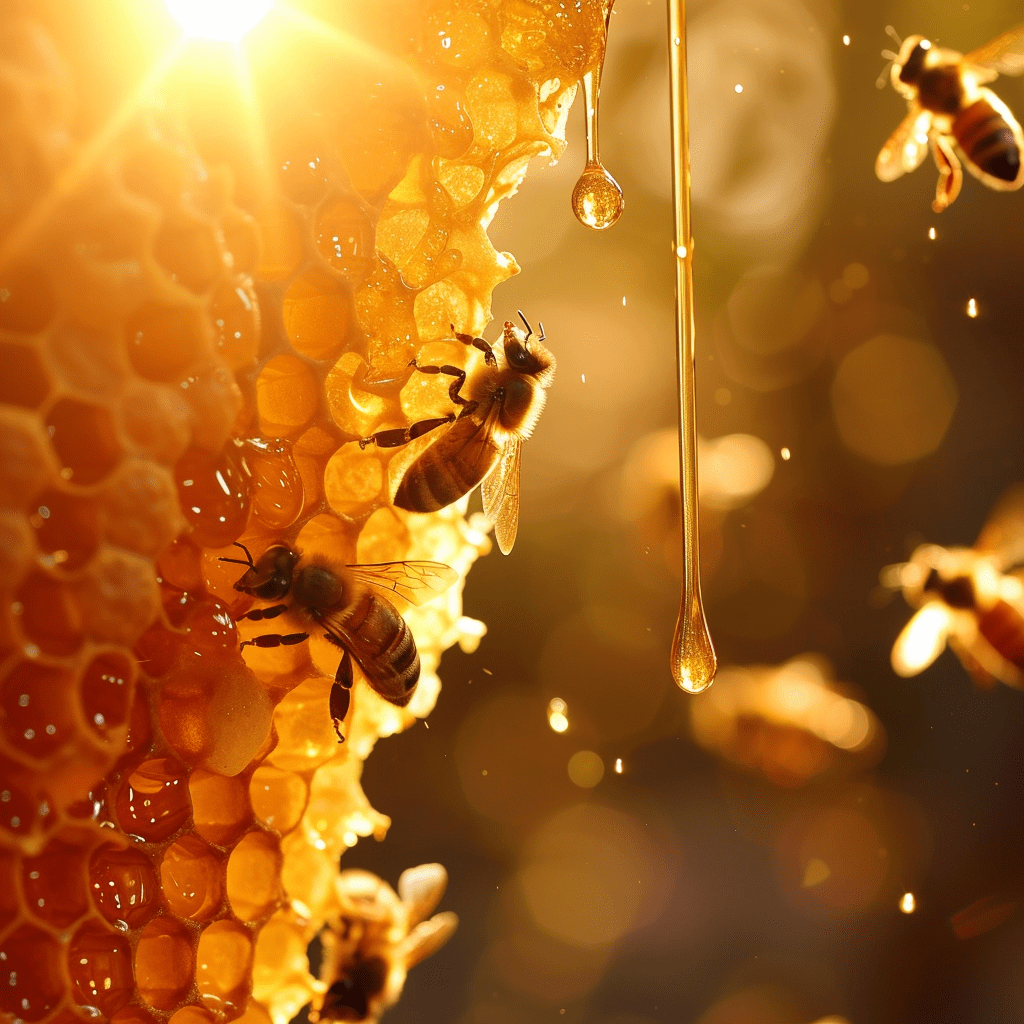Artificial Sweeteners vs Natural Sweeteners: It’s more than just a matter of taste; it’s about understanding the intricate health impacts these substances have on our bodies. From a scientific standpoint, the comparison between artificial sweeteners and natural alternatives such as honey and maple syrup reveals significant differences. In this blog, we delve into three key aspects of this comparison.

1. Metabolic Response: Natural Sweeteners Lead the Way
Research has highlighted that natural sweeteners like maple syrup exhibit a lower impact on our metabolic markers compared to artificial sweeteners. For instance, studies by St-Pierre et al. (2014) indicated that maple syrup leads to lower peak and global responses of glucose and insulin. This suggests a reduced strain on our body’s metabolic processes, aligning with the ideology that our bodies are optimized for natural, unprocessed foods.
The presence of polyphenolic lignans and abscisic acid in maple syrup not only sweetens our food but also contributes to a healthier metabolic response. This response is more in tune with our evolutionary bodily functions, which are not accustomed to processed and artificial substances.
2. Nutritional Profile: More than Just Sweetness
When comparing Artificial Sweeteners vs Natural, it’s crucial to consider the nutritional aspects. Natural sweeteners like honey, maple syrup, and agave are not just about sweetness; they bring a host of nutrients and bioactive compounds. Edwards et al. (2016) found that these natural sweeteners contain properties that may benefit health, including antioxidants, antibacterial, and anticancer activities.
This rich nutritional profile is absent in artificial sweeteners, which are purely synthetic and offer no additional health benefits. The natural sweeteners, in contrast, provide a more holistic approach to health, contributing antioxidants that support our body’s natural defense mechanisms. This aspect aligns with the philosophy that natural and organic is key to optimal health.


3. Long-Term Health Impacts: Choosing Nature’s Path
Long-term health impacts of sweeteners are a critical aspect of the Artificial Sweeteners vs Natural debate. Studies, such as the one conducted by Valle et al. (2020), suggest that natural sweeteners like maple syrup may attenuate the development of insulin resistance and hepatic inflammation, particularly in comparison to sucrose and artificial sweeteners.
The presence of polyphenols and other bioactive compounds in natural sweeteners potentially imparts health benefits that go beyond their roles as sweeteners. This is in stark contrast to artificial sweeteners, which lack these beneficial compounds and have been linked to various health concerns, including altered gut microbiota and increased risk of glucose intolerance.
In conclusion, the scientific evidence tilts in favor of natural sweeteners over artificial ones. From supporting a healthier metabolic response to providing additional nutritional benefits and reducing long-term health risks, natural sweeteners align with our body’s evolutionary needs. Embracing natural and unprocessed sweeteners like honey and maple syrup is not just a healthier choice but a step towards living in harmony with how our bodies are optimally designed to function.